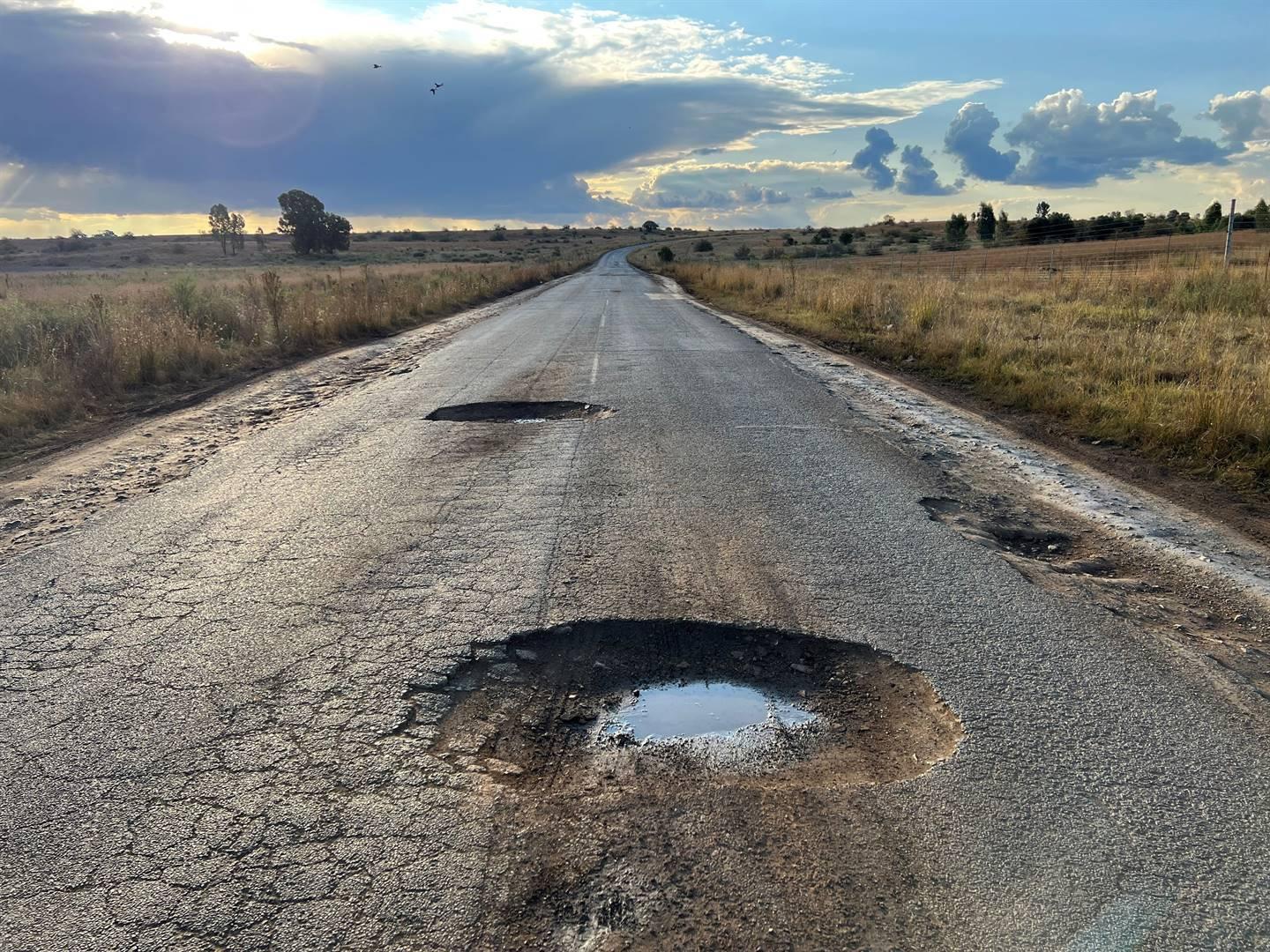
Africa-Press – South-Africa. Rates protesters in eThekwini are adamant they’ve taken a different route to previous disgruntled ratepayers who lost in court.
Previous Constitutional Court judgments had sided with municipalities with regard to rates boycotts.
A group of eThekwini residents, however, started a movement which threatens to germinate like-minded people across KwaZulu-Natal – with one goal: holding their municipalities accountable for their actions.
Led by the Westville Ratepayers’ Association (WRA), at least 20 other local formations have coalesced to form what is now known as the eThekwini Rate Protest Movement.
A high increase in electricity tariffs – at more than the benchmark set by the National Energy Regulator of SA – prompted eThekwini residents into action.
They argue that the City registered R5 billion in losses in five years.
Rates boycotts historically date back to community protests against the apartheid regime. They resurfaced during former president Jacob Zuma’s tenure, when the late Sicelo Shiceka was the cooperative governance and traditional affairs minister.
Although some ratepayers had lost similar cases, with courts ruling in favour of municipalities, the chairperson of the WRA, Asad Gaffar, was bullish about their chances.
Recently, some communities in the Free State, Eastern Cape and North West took this route as a form of protest against ailing municipalities.
A 2011 Local Government Budgets and Expenditure review by National Treasury said ratepayers in 42 towns had engaged in appropriately declared disputes, banked rates into trust accounts and, in some instances, even delivered municipal services.
Treasury’s review, at the time, said rates boycotts tended to push weak municipalities into negative cash positions, but it couldn’t estimate the effectiveness of the protests.
However, a 2013 Constitutional Court judgment in Liebenberg NO and Others v Bergrivier Municipality, judges said:
A 2017 document, written by Zemelak Ayele, of UWC’s Government Project Community Law Centre, quotes a case where the late Justice Pius Langa echoes the judges’ sentiment.
Justice Langa wrote:
Gaffar said: “Those judgments are in relation to service delivery [arguments]. Those ratepayers lost because they challenged service delivery [sic].”
He said they fancied their chances because they were challenging “factual matters”, as raised by the Auditor-General that the City had haemorrhaged an inordinate amount of money in five years.
They were also arguing that the City didn’t conduct an appropriate public participation process.
“They didn’t come around to Westville,” Gaffar said.
“They railroaded the public participation and gave us two days. They must come with whatever legislation… We’ve had enough. This is our form of protest. We’re standing up not only for ratepayers, but for non-ratepayers. We’re not saying we’re gonna win. We’re saying we’ll challenge them.”
The Municipal Systems Act allows residents to declare Section 102 disputes, which cover complaints about tariff increases.
Residents in eThekwini are going through this process – and have applied to interdict the municipality from sending them letters of demand.
However, Ayele wrote that the Systems Act only prohibited the suspension of services when there was a dispute “concerning any specific amount claimed by the municipality from that person”.
Ayele argued that this argument was “therefore not tenable”.
“The dispute envisaged in the Systems Act is not a dispute resulting from dissatisfaction with municipal services, but rather pertains to disagreements related to the amounts owed for municipal services or taxes,” Ayele wrote.
For More News And Analysis About South-Africa Follow Africa-Press





